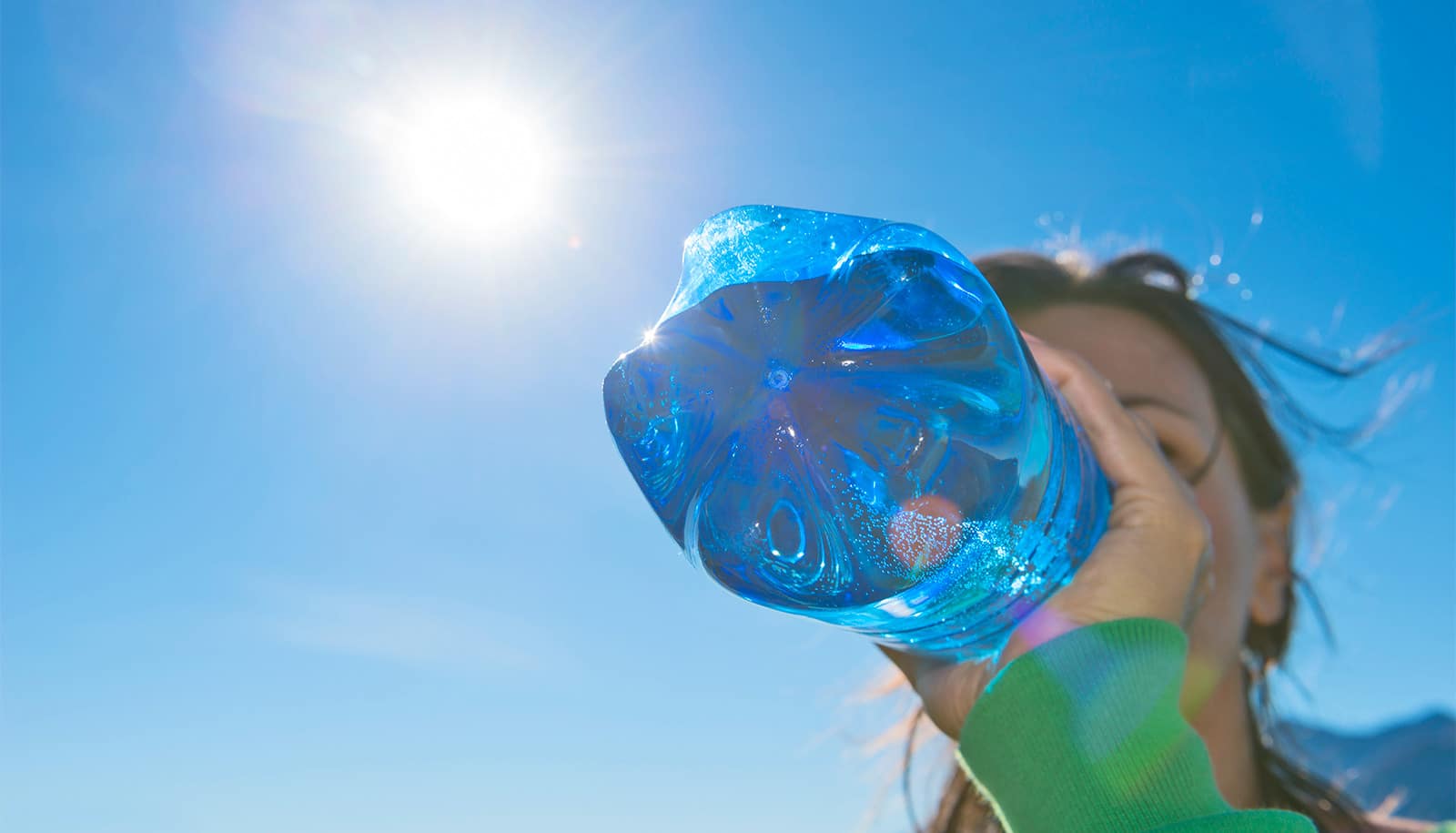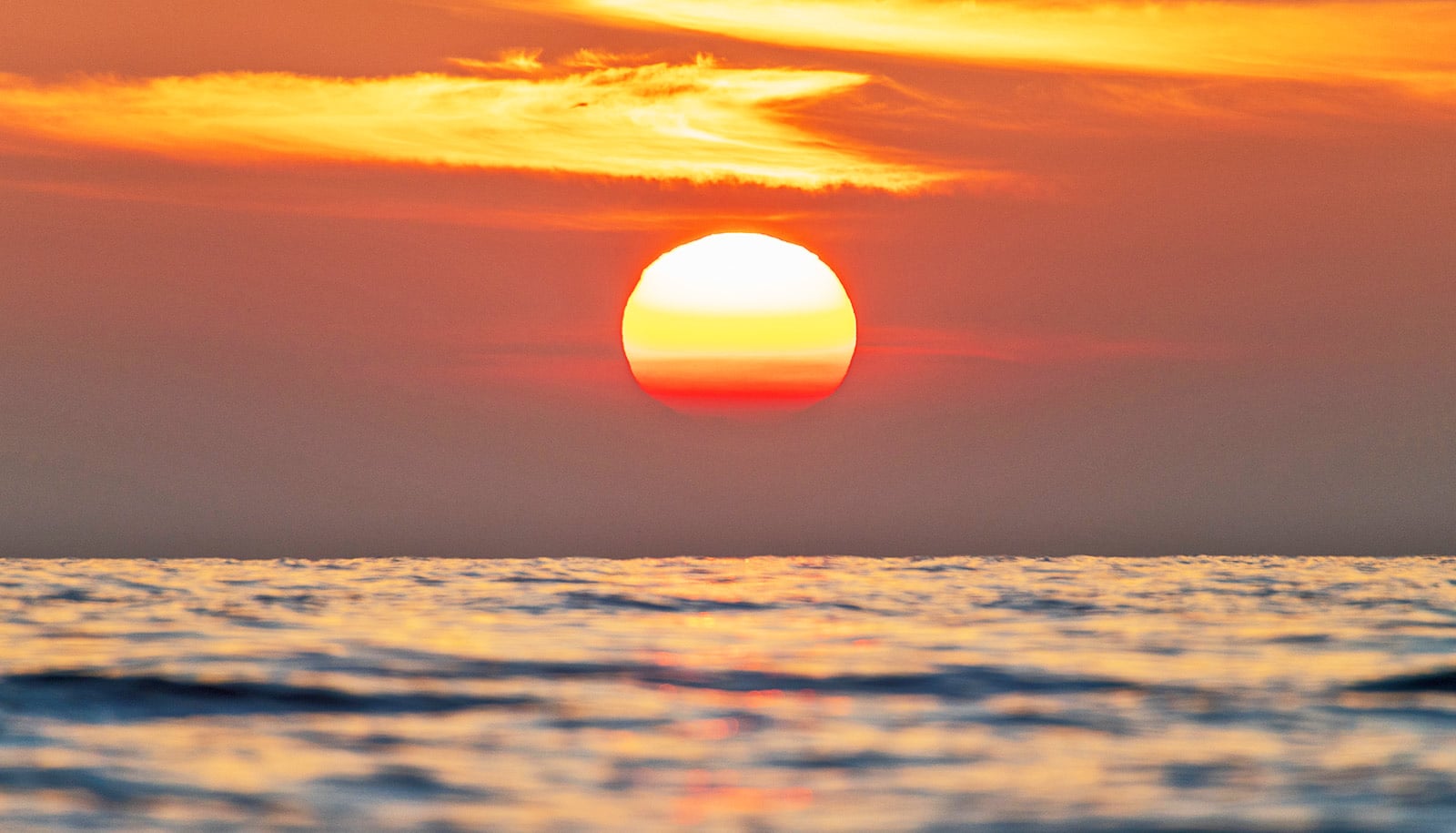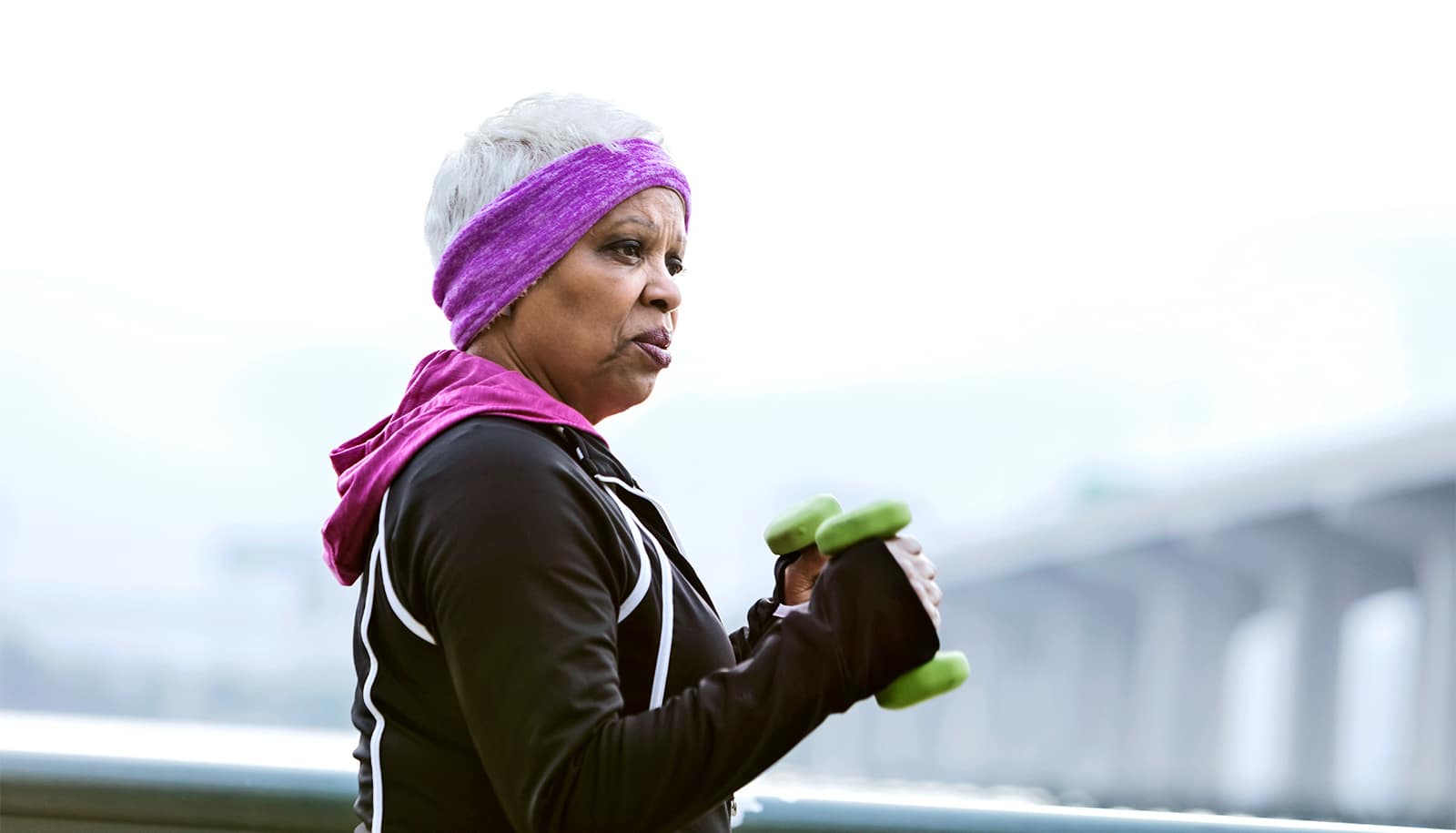When temperatures spike in the summer, it’s important to make sure you temper your workouts to stay safe, says Sandeep Mannava, a sports medicine specialist at University of Rochester Medicine.
Here, Mannava offers tips to avoid overexertion on exceptionally hot days, which can lead to illness or potentially life-threatening issues.
1. Know your limits
Be aware of your fitness limitations and respect them. If you’re not in good physical condition and not conditioned for activity in hot weather, you’re more vulnerable than a well-conditioned athlete who regularly trains in the heat. Keep your activity low-key and brief, take frequent breaks, and drink plenty of water.
2. Drink up
It’s crucial to stay properly hydrated while you’re working out, and it’s especially true in very hot weather. Drink water before your workout begins, so that you’re starting off strong and hydrated. Then keep drinking.
Here’s a good rule of thumb: Drink 8 ounces of fluids for every half-hour of activity. For light-to-moderate activity, Mannava recommends water, which is usually sufficient for keeping you hydrated. But if you’re working at a high intensity, drink a sports drink to replenish electrolytes.
3. Time it right
Watch the weather forecast and try to avoid the hottest times of the day—usually between 11 am and 3 pm. Take extra caution when it’s hot and humid. Humidity can work against your body’s skin-cooling abilities, since sweat can’t properly evaporate. And protect yourself from the sun by wearing a hat or visor, sunglasses, and sunscreen with an SPF of at least 30. Reapply sunscreen often, typically every two hours, if you are sweating or swimming.
4. Consider the conditions
Choose activities suitable for the weather. In extremely high heat, swimming is obviously the best (and most appealing) choice for keeping your cool as you exercise. Golf courses provide sun and shade, and the sun’s force is dampened a bit by the natural turf. Playing tennis in high heat on a dark asphalt surface is not the best choice; hard-court surfaces can be 10-20 degrees warmer than the hot-air temperatures.
5. Avoid alcohol
When you’re physically active, drinking alcohol can dehydrate you and, in sufficient quantity, may affect your judgment and coordination, potentially leading to injury.
6. Heed the warning signs
Know the differences and what to do if you experience heat cramps, heat exhaustion, or heat stroke.
- Heat cramps are muscle spasms caused by excessive sweating, which drops the salt levels in the body. They usually affect the abdomen and legs. If you experience these, stop your activity, get out of the sun, and drink a sports drink or take some water and a salt tablet. Seek medical advice if you have heart problems, or if the cramps persist for longer than an hour.
- Heat exhaustion is more serious; you may experience severe thirst, fatigue, headache, nausea, vomiting, and diarrhea. Watch for excessive sweating, clammy or pale skin, dizziness, fast pulse, and normal or slightly elevated body temperature. Heat exhaustion calls for immediate action: Get out of the sun, drink a sports drink or water, and apply wet towels to your skin or take a cool shower. If symptoms persist, seek medical attention; you may require intravenous (IV) hydration to help you recover.
- Heat stroke happens when the body loses its ability to sweat; it is a life-threatening emergency and requires immediate medical attention. With heat stroke, your body temperature rises rapidly and can cause permanent damage to the brain and other organs. Symptoms include extremely hot skin, an altered mental state ranging from confusion to coma, and seizures. If this happens, call 911 immediately and move the person into the shade, putting them in a half-sitting position. Cool them down with cold compresses and fanning, and apply ice to the neck, armpits, and groin area. Do not give them aspirin, acetaminophen, or anything to drink.
3 things you can do to keep kids from dying in hot cars
Staying active all year long is important for your physical health and emotional well-being. To make the most of summer, remember to take some simple precautions on days when the thermometer is well past 90.
Source: University of Rochester



